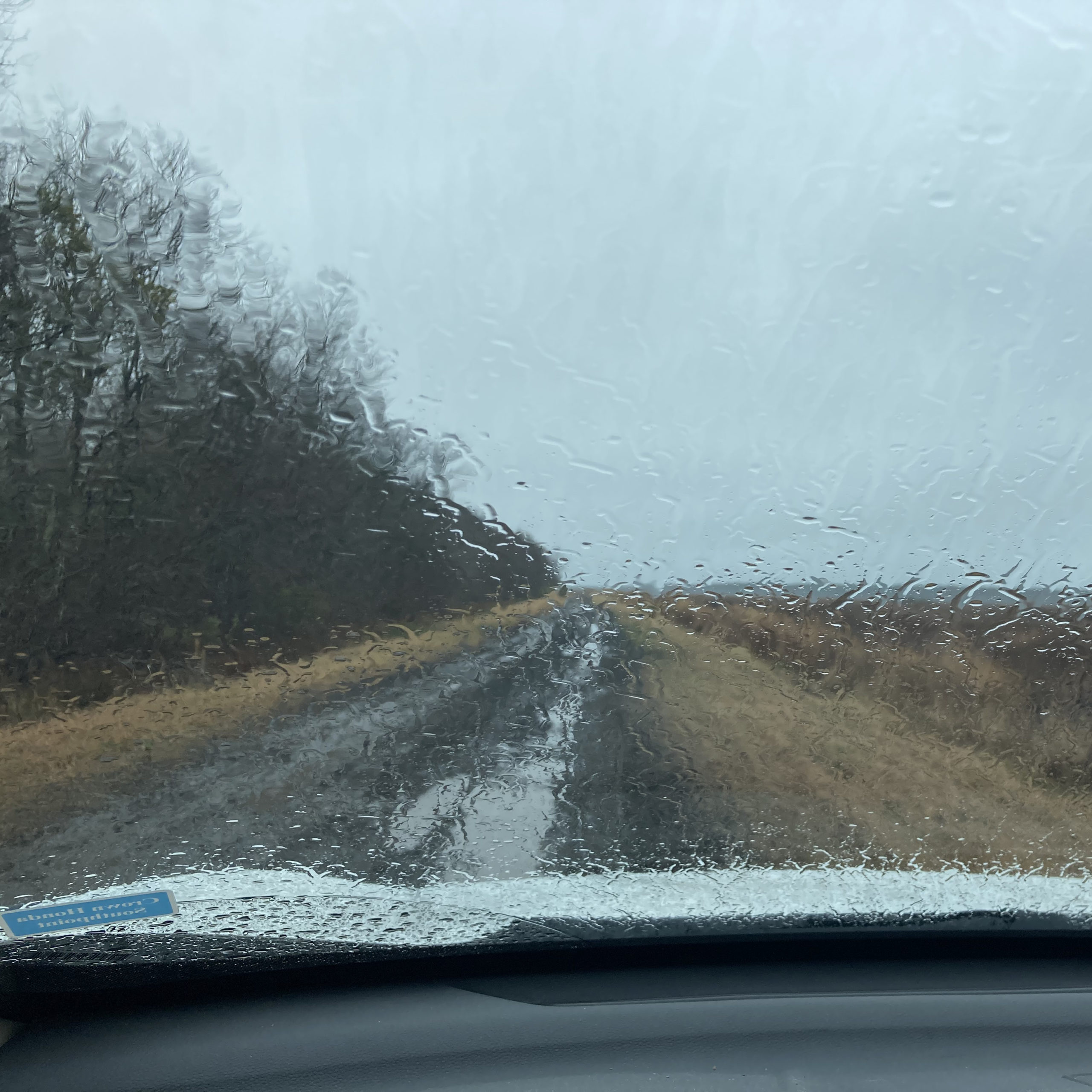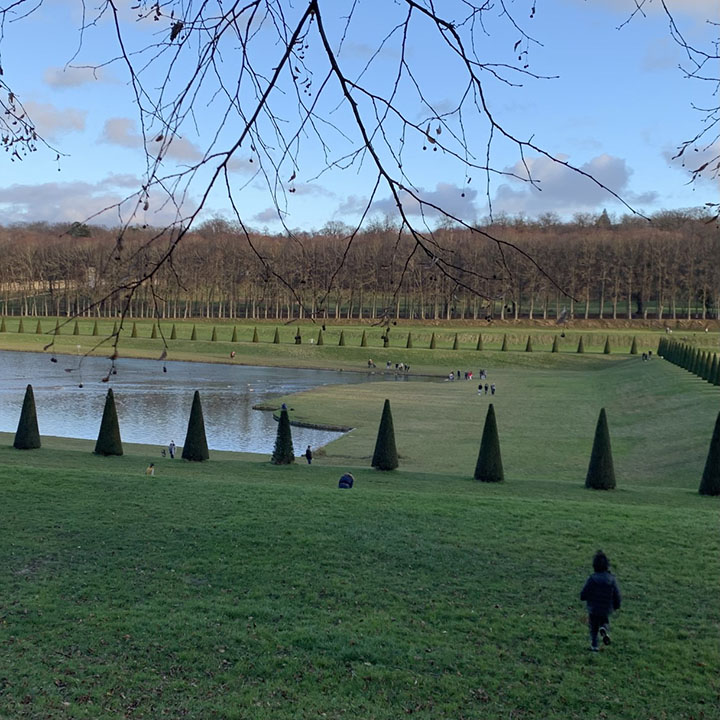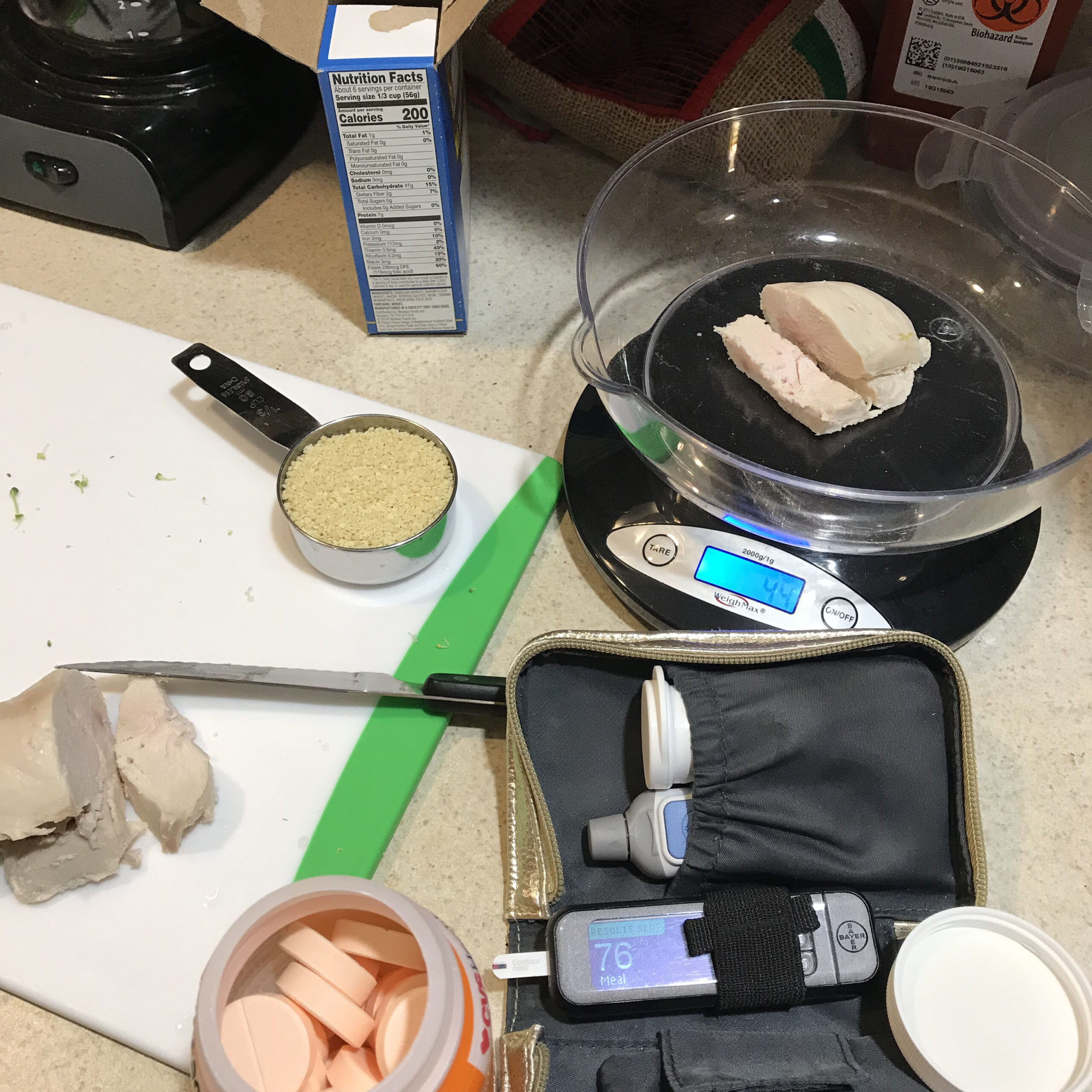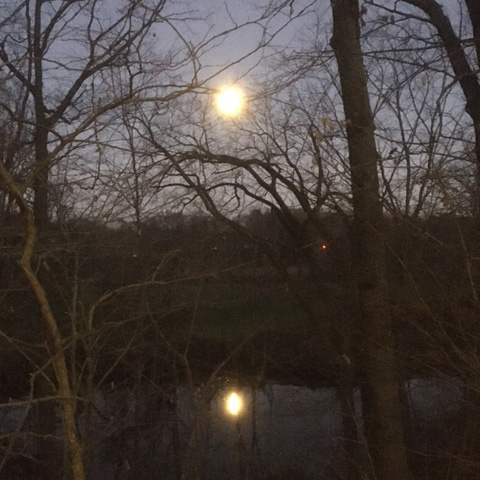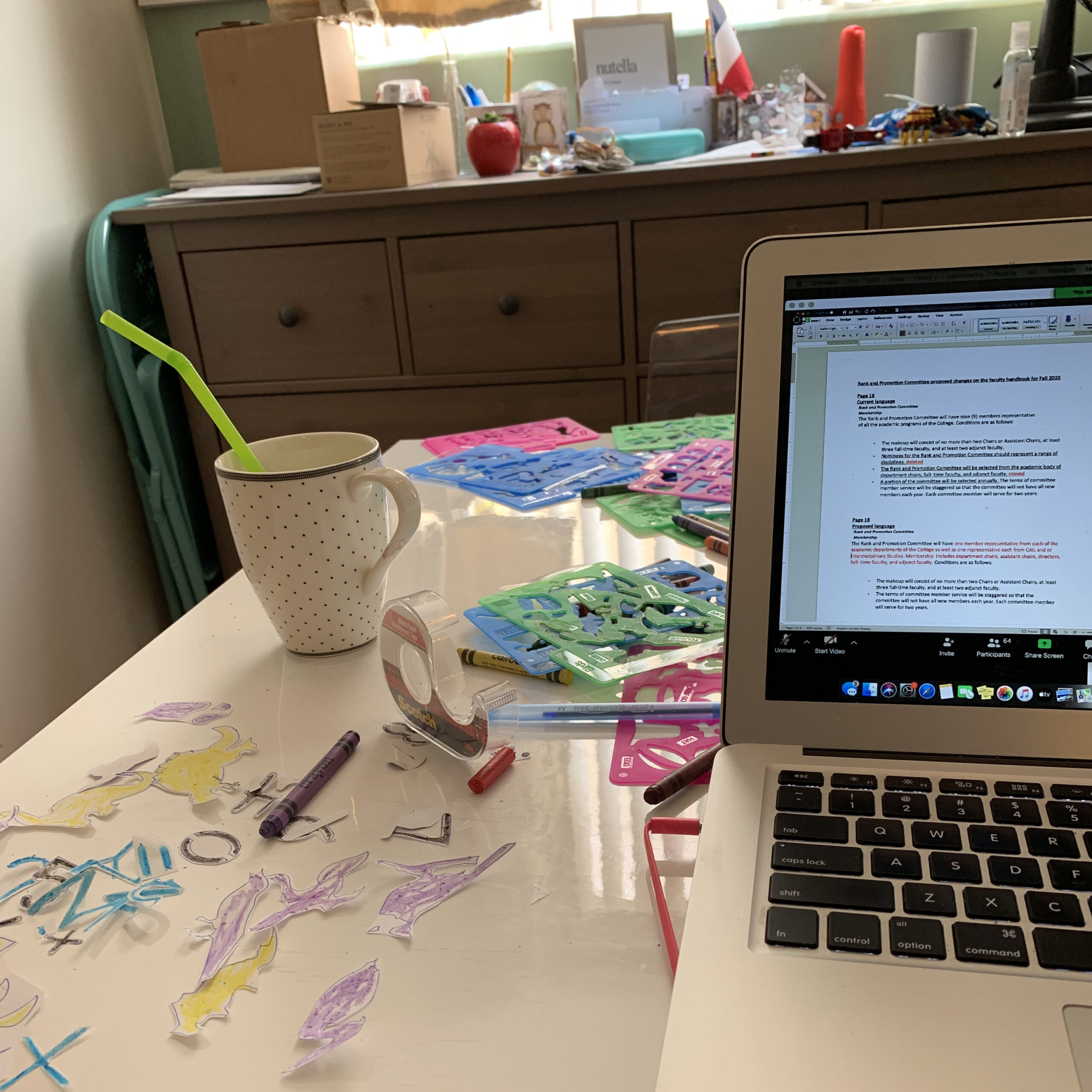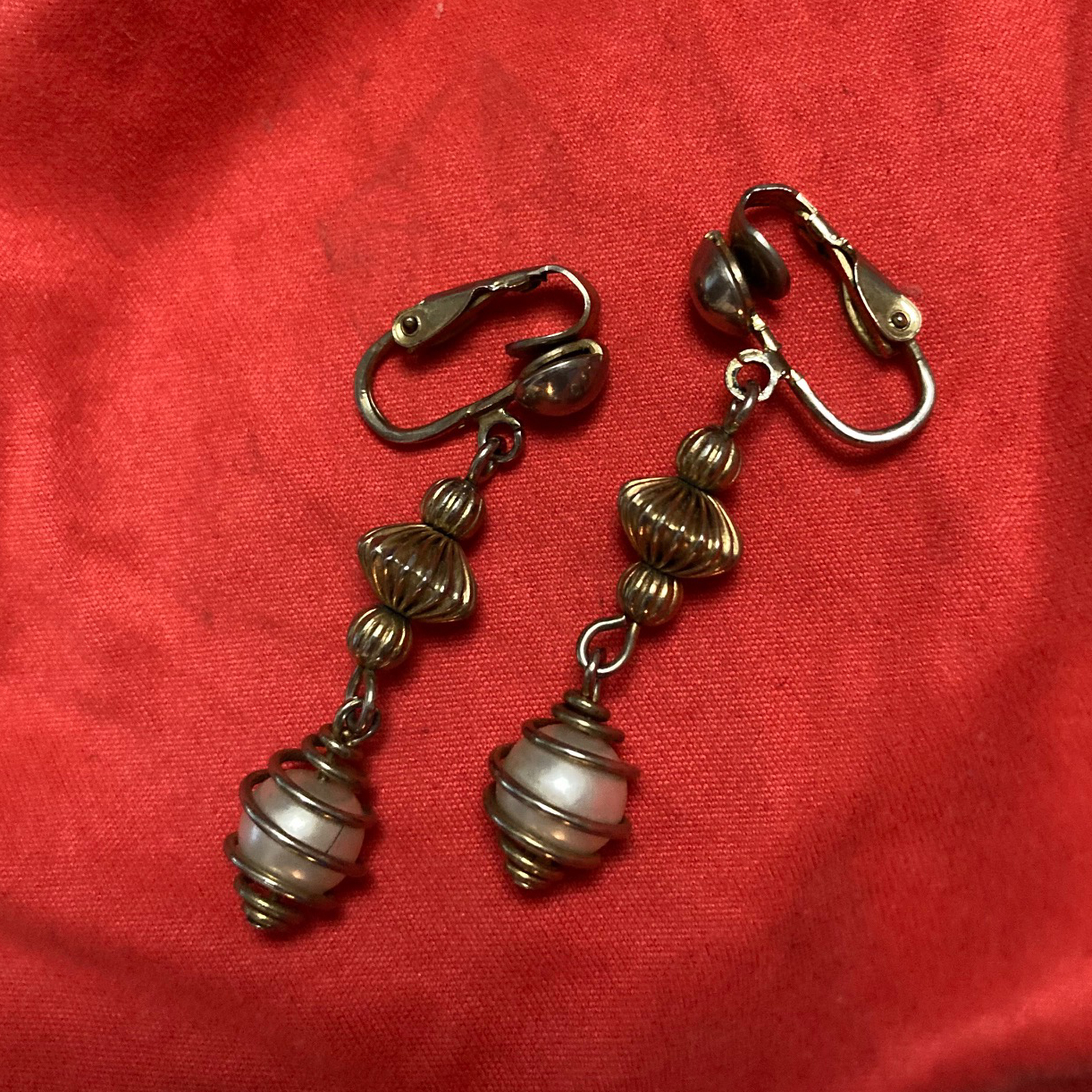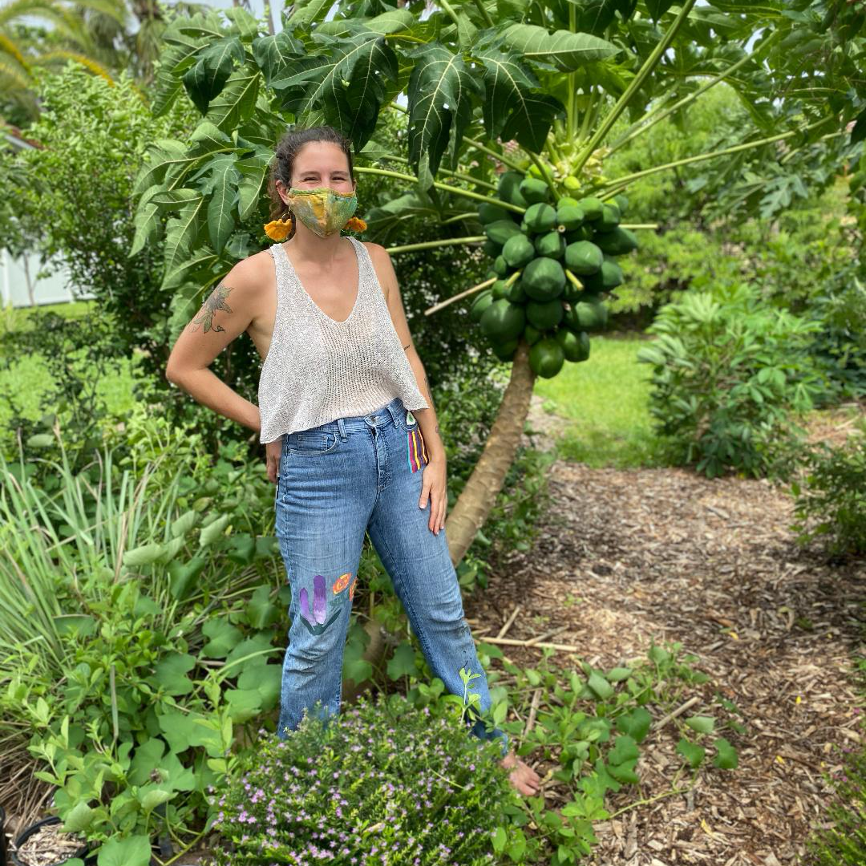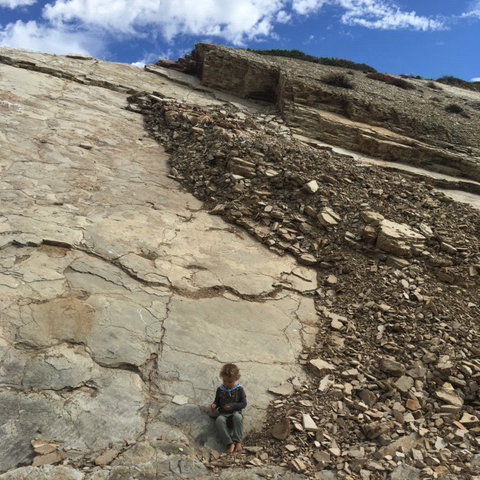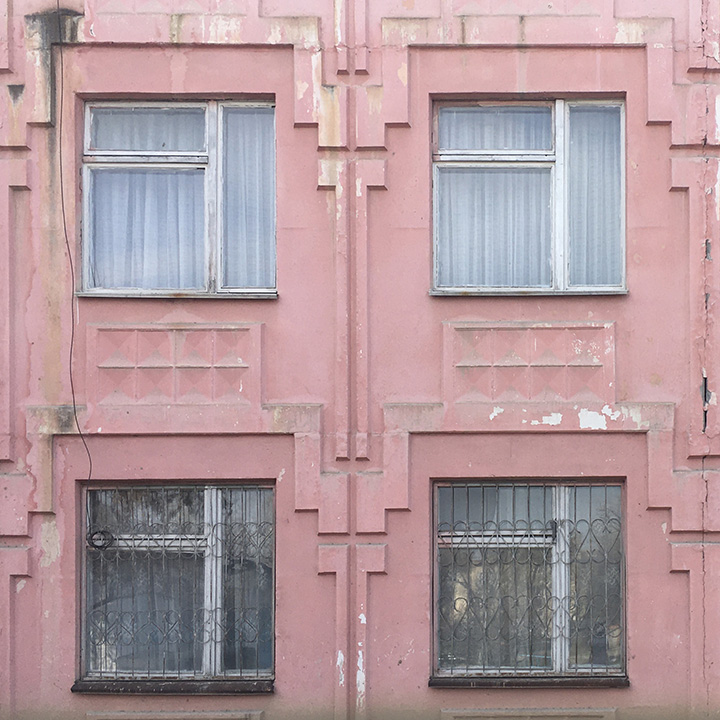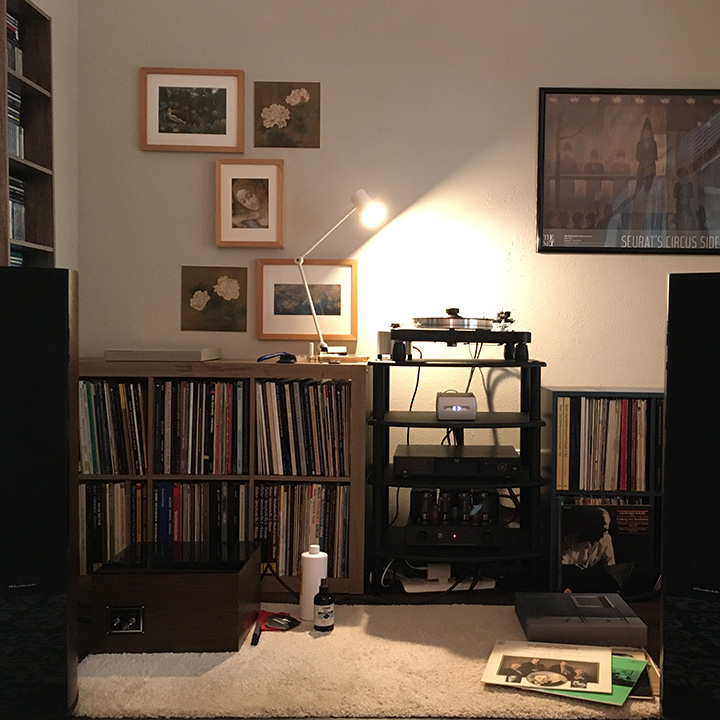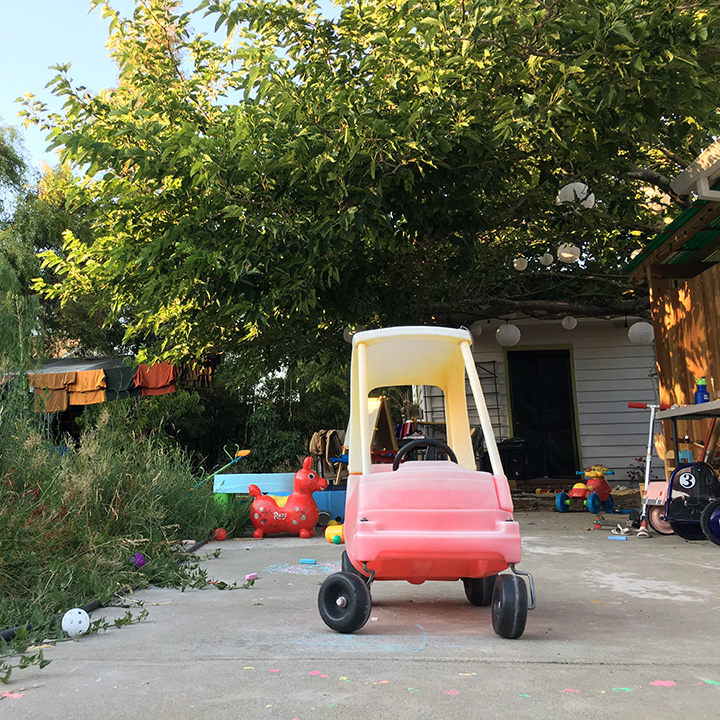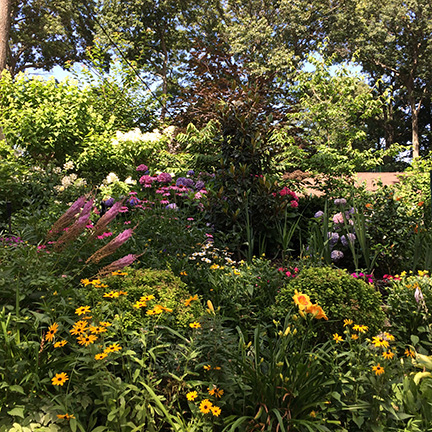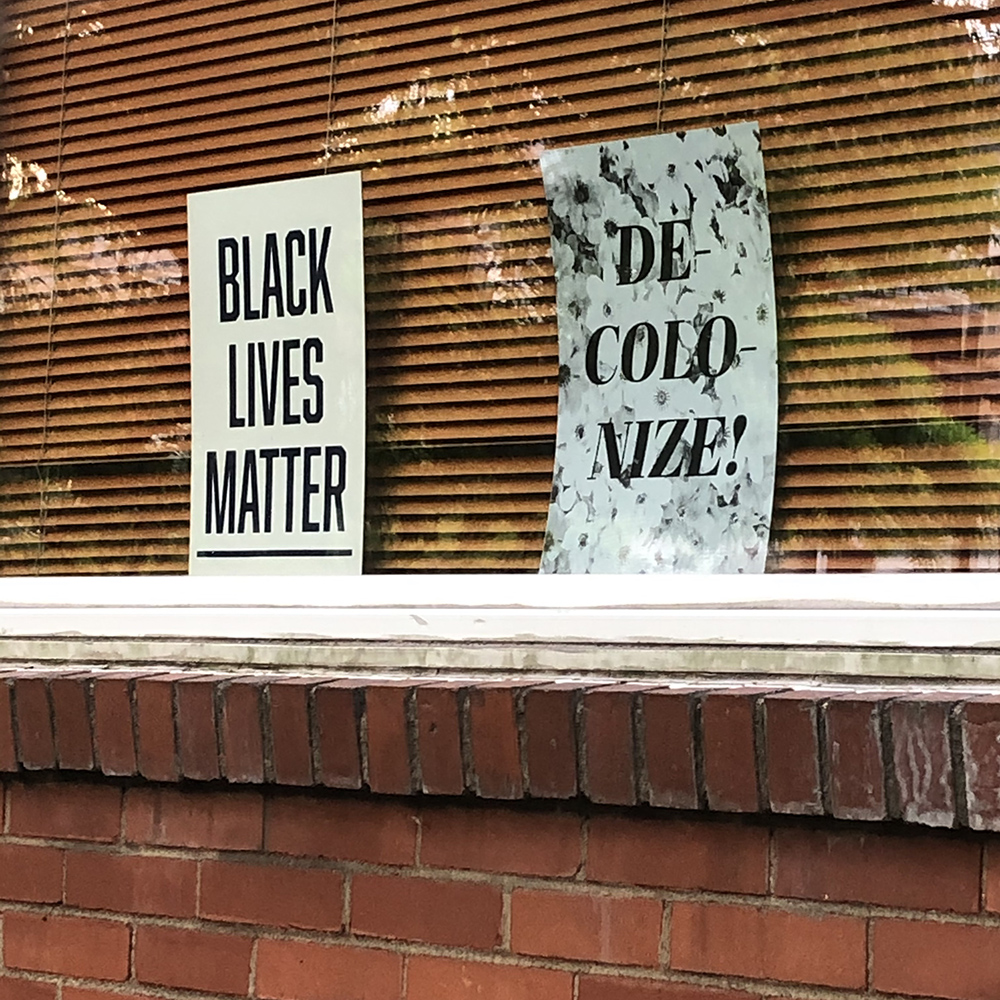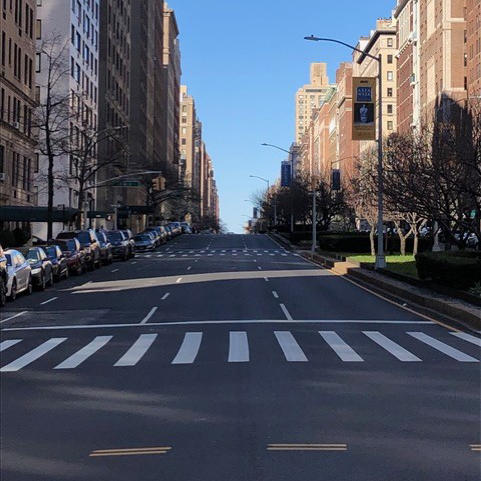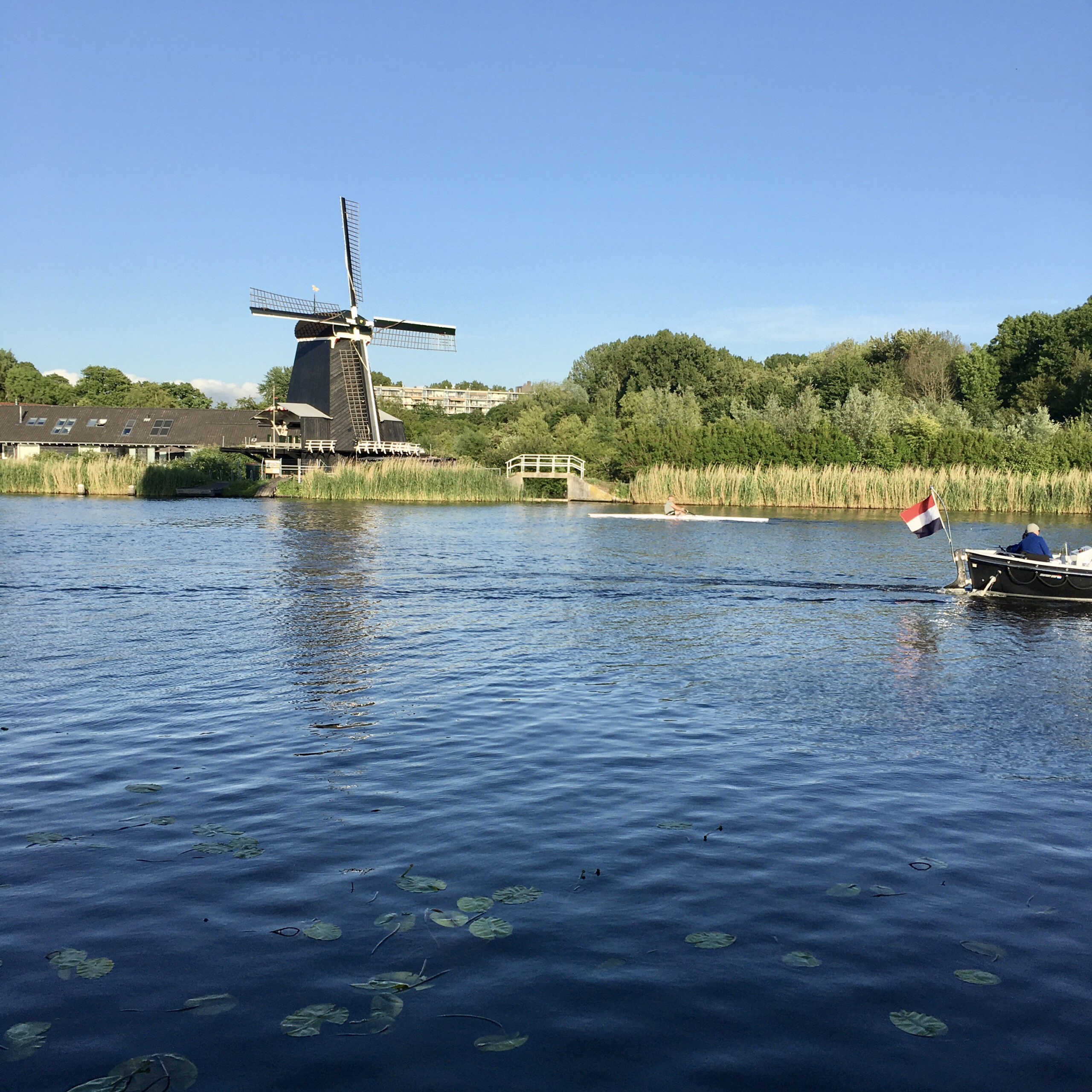Mérida, Yucatán
by Nadia Escalante Andrade, translated by Cecilia Weddell
A little mockingbird crashed into the door to our house, and since it couldn’t fly my partner sheltered it with a cage. What do baby birds eat? How do they keep themselves hydrated? We didn’t know. I thought of giving it water but read that this could cause pneumonia, and most sources suggested offering wet bread crumbs. I left the food within its reach, hoping the bird would build up its strength overnight. The next morning, I found it in the corner of the cage, stiff and covered in ants. It was the last Sunday in April, and that day I cried everything I hadn’t cried since the lockdown began.
The lockdown, or should I say “shelter-in-place”? Some days I use the first term, others the second. Moods change, but the neighborhood remains stable: everyone is quarantining. Some people walk their dogs early in the morning or after the sun has set. Every now and then a car goes by; only one passenger, apart from the driver, is allowed. There are sounds that stand out more now: the little honk of a horn that the sweet bread sellers sound as they travel the streets on their tricycles. We’ve bought from them a couple times: conchas, saramuyos, hojaldras, mini pound cakes, especially now that the summer rains have arrived and the nights are cool.
Still, some days are so hot that when I take my temperature with a digital thermometer (to rule out the possibility of a fever), the device gets confused and brings up the temperature of the air: 35ºC (95ºF). The air that surrounds us is about the temperature of a healthy person. Twice this imaginary body has reached 38ºC (a little over 100ºF). If not for the fan and the air conditioner, the fever would have engulfed us.
My parents live two blocks from my house. When I visit, I sit in one of the porch chairs and they converse with me from their living room, four or five meters away. I miss hugging them. They tell me about the news they read in the paper: Yucatán is among the states most affected by COVID-19, not only because of the numbers of infected and dead, but because, thanks to a prohibition on alcohol, the production of moonshine has increased. Yucatán has the highest rate of alcoholism in Mexico, but this problem has yet to be addressed by any public health policy. More than fifteen people have died since the quarantine began from the consumption of unregulated spirits.
A few days ago I spoke to my therapist. She told me that we’re living through a collective grief, another one, on top of the drug violence and femicides. Before all of this, on March 8, thousands of women marched in Mérida to demand respect for our lives. It was a beautiful moment. We celebrated the possibility of a different world, and now I want to hold on to the certainty that those networks of support will survive our current isolation. There are also the mockingbirds, flying more freely through the city than ever before. Every morning they wake me.
Published on June 21, 2020

